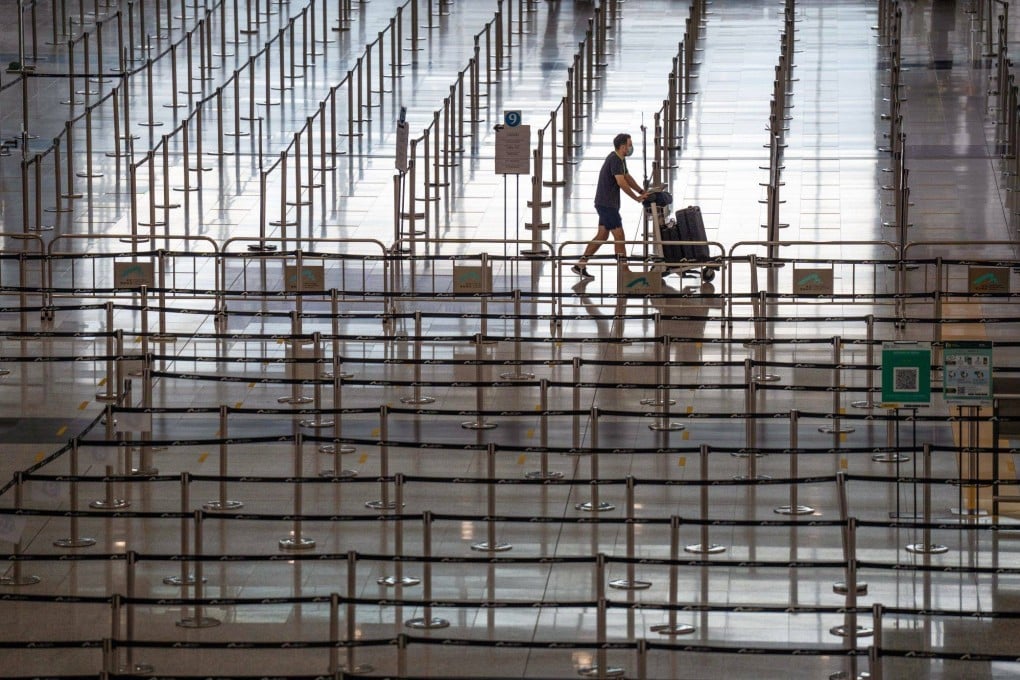Advertisement
Inside Out | Bleak prospects for Asia, Hong Kong economic recovery amid devastated aviation industry
- Mainland China’s first steps to open up to international travel will be critical in driving recovery in Hong Kong and most parts of Asia
- But airline rationalisation, high inflation, a coming recession, plus the impact of war, climate change and fuel taxes, are likely to warrant caution
Reading Time:3 minutes
Why you can trust SCMP
12

From the autumnal UK in October to balmy Dubai in November, and now in the northern Philippines until early next year, I have used the past few months to make up for three years of lost contact with closest family and friends. Some call it “revenge travel”, but I prefer to see it as the start of a return to life as it should normally be lived.
For all my four decades regarding Hong Kong as home, among its many advantages was the easy access not just to all of Asia but to hundreds of destinations across distant continents. It has lost that advantage in the past three years, and it is uncertain whether it will ever fully recover.
If not, we will have lost not just our role as a globally important aviation hub but have inflicted irreversible harm on our entire economy. Financial Secretary Paul Chan Mo-po has laid down markers for recovery, but there can be no underestimating the scale of the challenge and the time that will be needed to restore activities that for decades we simply took for granted.
Advertisement
For an economy of 7.4 million people to lose overnight the stimulus and spending power of more than 60 million visitors a year can neither be underestimated nor easily calculated. It is easy to count the catastrophic collapse in airport arrivals or border crossings, the collapse of the exhibition and trade fair activity, the empty hotel rooms. But what about the restaurant meals not eaten, the retail shopping not done, the taxi journeys not taken?
If I estimate that a quarter of a million jobs were lost in Hong Kong, with a further quarter of a million working people today living on lower incomes, few would contradict me with any confidence, even if I was hard-pressed to prove my arithmetic accurately. It is such numbers that underscore Chan’s prediction that 2022 will see a 3.2 per cent contraction of our economy.
Advertisement
So, when International Air Transport Association (IATA) director general Willie Walsh talks of Hong Kong being “devastated”, he reflects the well-researched view of aviation experts worldwide. “Cathay Pacific is a shadow of its former self,” he said at an aviation conference in Doha in September. “Hong Kong has lost its position as a global hub and will struggle to regain it because other hubs have taken advantage of it.”
Advertisement
Select Voice
Choose your listening speed
Get through articles 2x faster
1.25x
250 WPM
Slow
Average
Fast
1.25x
